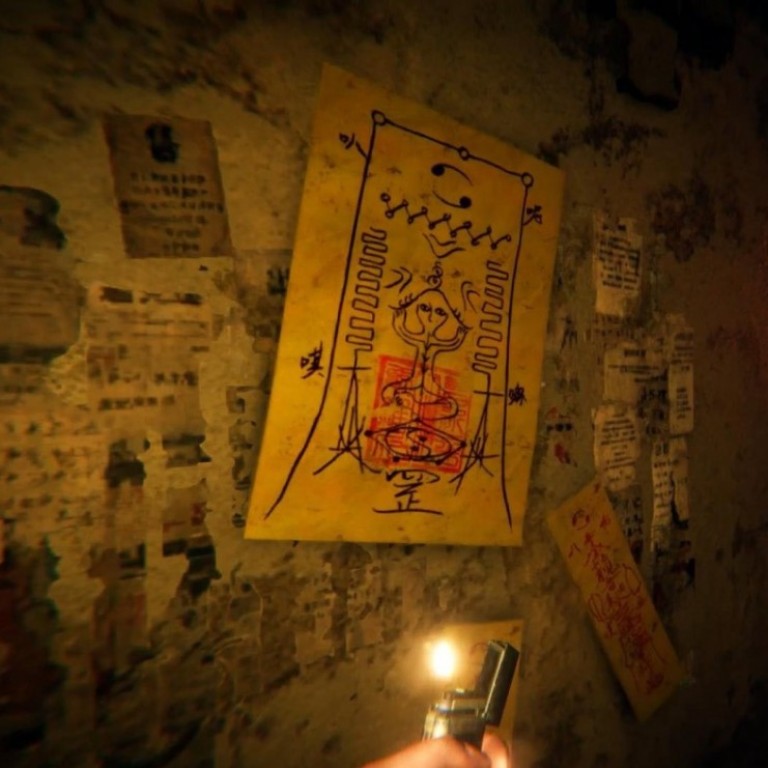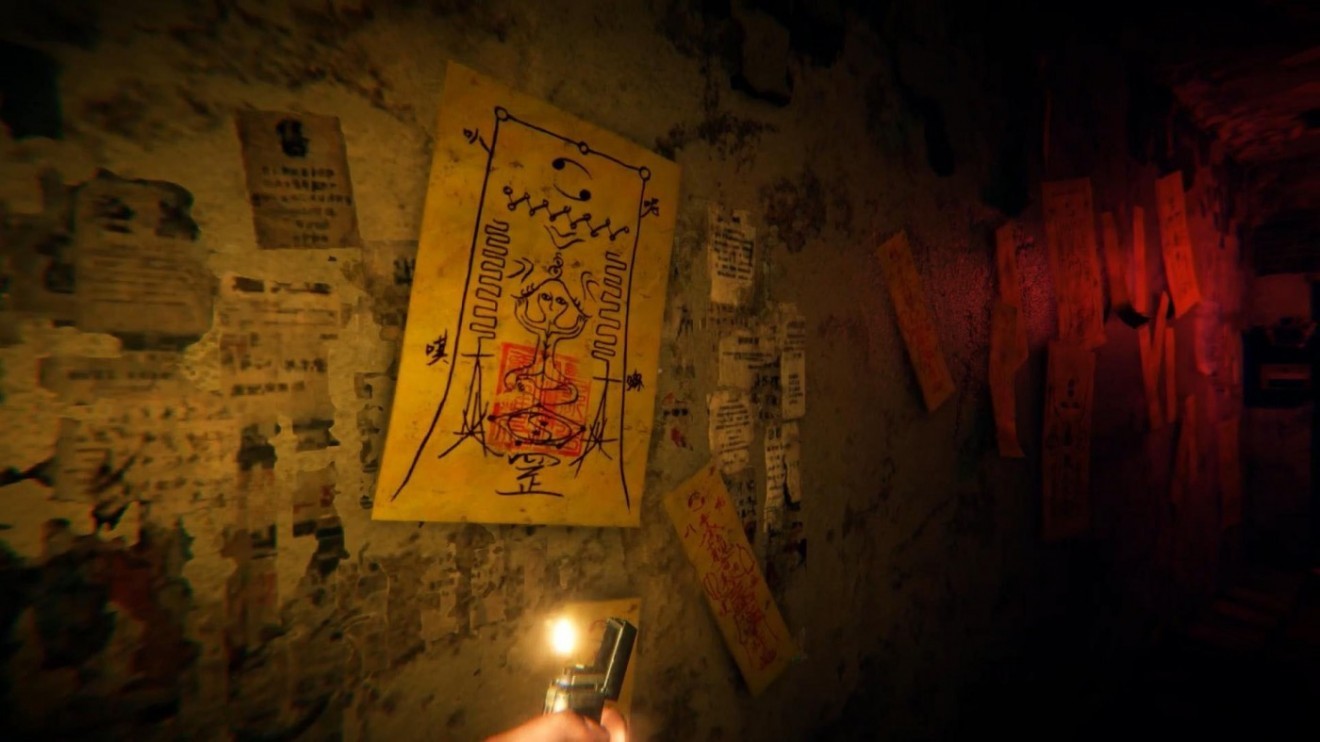
China revokes license for Devotion’s publisher for endangering national security
Games released on Steam haven’t previously received this level of scrutiny in China, alarming publishers
But now things are reaching a whole new level: The Chinese government revoked the business license for Devotion’s Chinese publisher, Idievent, saying the company “engages in illegal activities that endanger national security, social and public interest.”
(Notably, only the game publisher, responsible for distributing the game, has been targeted in this case. The game developer in Taiwan, which actually created the game, is outside of China’s jurisdiction.)
Part of what makes this move so alarming is that China has rarely gone after games that are sold on Steam, which operates in a legal gray area: It’s not officially in China, but it’s not blocked either. That means Chinese gamers can access a wide range of overseas games not normally available -- and completely untouched by local censors.
It has long been a vital service for Chinese gamers and the industry alike. But now the government is seemingly willing to go after local companies on Steam.
This is why Garner, whose company is also based in Taiwan, said that Indievent should have been more careful about vetting Devotion given the tricky situation in a market like China.
“Indievent clearly missed something during their quality assurance and this is the result,” he said.
Garner did acknowledge that this is a difficult task, though.
“It's almost impossible to check every asset and it only takes a small mistake for something to be added to a build or for a Steam branch to be made public,” he said. “We have pretty strict control measures to avoid this but human error is always a factor.”
But what could possibly get the Chinese government so worked up about a horror game, anyway?

Obviously, this didn’t go over well with Chinese gamers, who soon launched a wave of review bombs on Devotion’s Steam page. Merely four days after the game’s launch, Devotion’s Chinese publisher Indievent issued a public letter and severed ties with Red Candle Games.
Apparently Indievent’s prompt action wasn't enough to exonerate the Shanghai-based company. Public records show that Indievent didn’t issue an appeal against the government charges.
As a result, Devotion was pulled from Steam just days after its launch and hasn’t been available since.
Indienova’s Wong said games should stay away from any political red lines if they want to be officially released in China. But that’s what makes this case surprising: Devotion was never officially released in China. It was on the global version of Steam.
And that means, as shocking as this move may have been, there have been warning signs. Garner said China has been significantly tightening its control over content in recent years.
“In the last couple years, the Xi government has made control of entertainment a priority as China has gone from the Wild West to 1984 in a very short time,” he said. “The games industry has been operating through a loophole but that loophole is closing fast.”
For more insights into China tech, sign up for our tech newsletters, subscribe to our Inside China Tech podcast, and download the comprehensive 2019 China Internet Report. Also roam China Tech City, an award-winning interactive digital map at our sister site Abacus.

